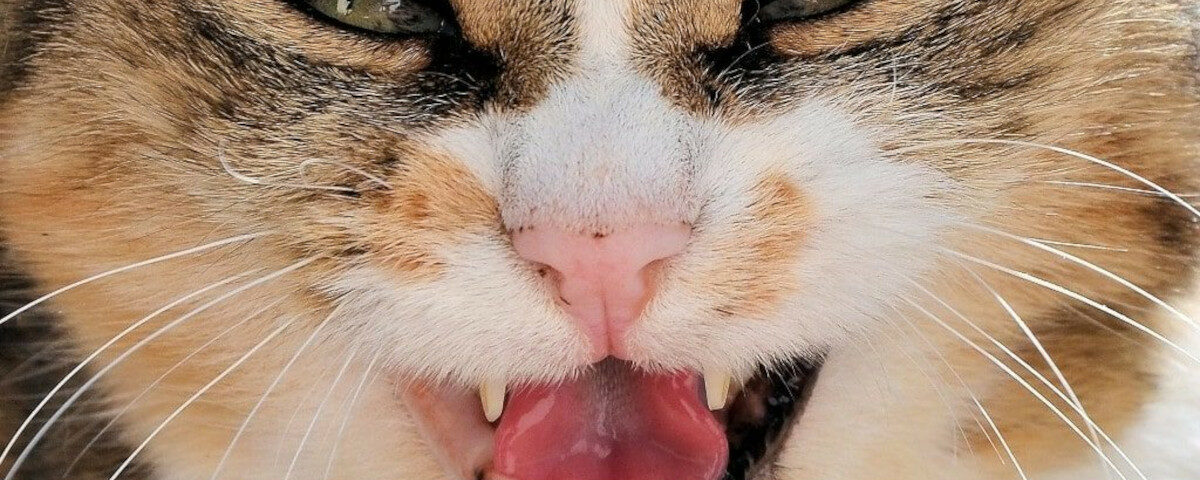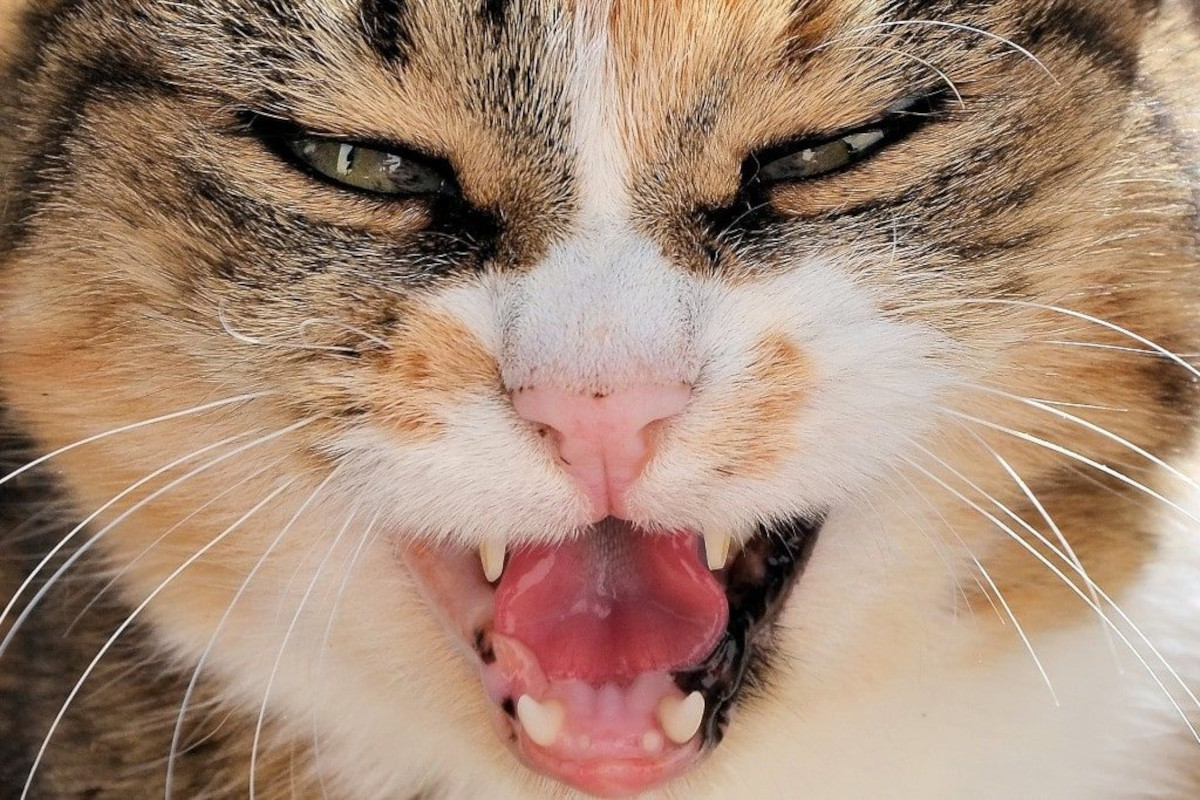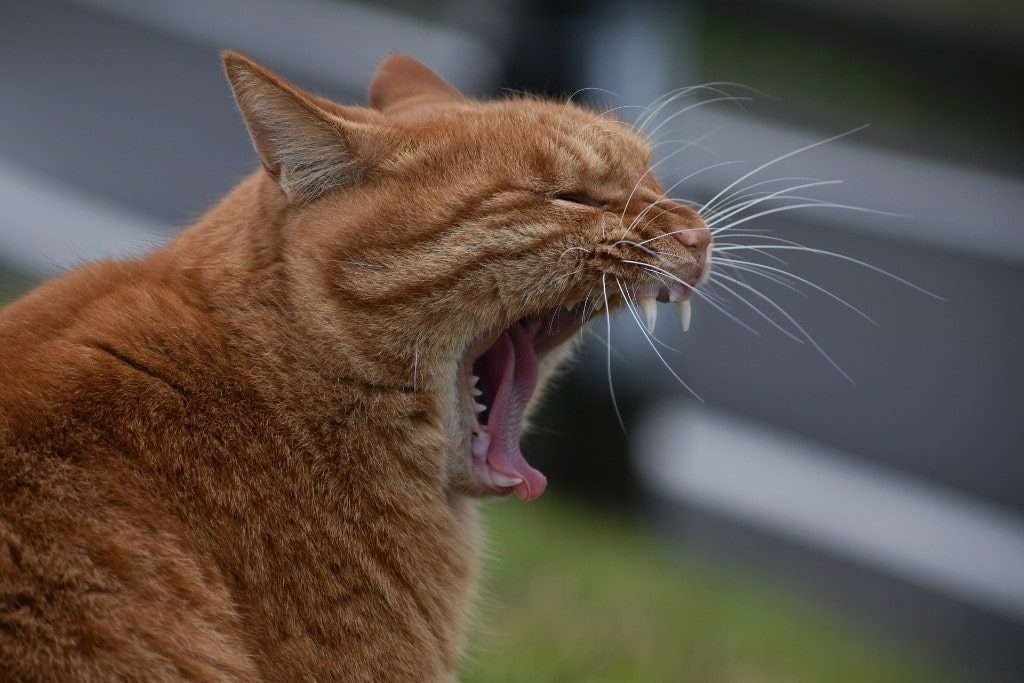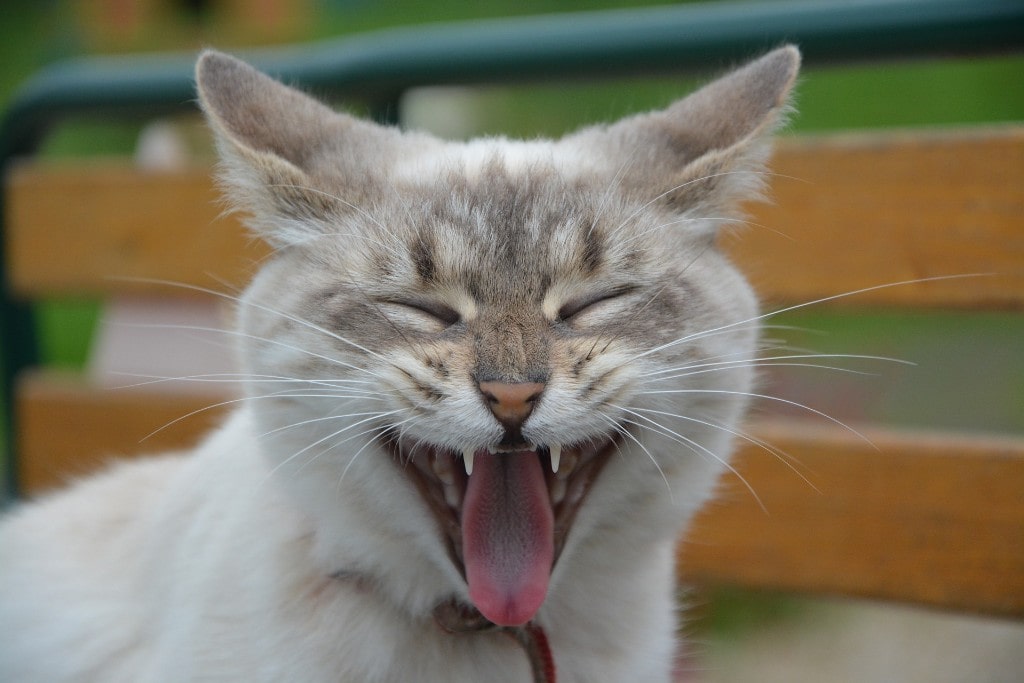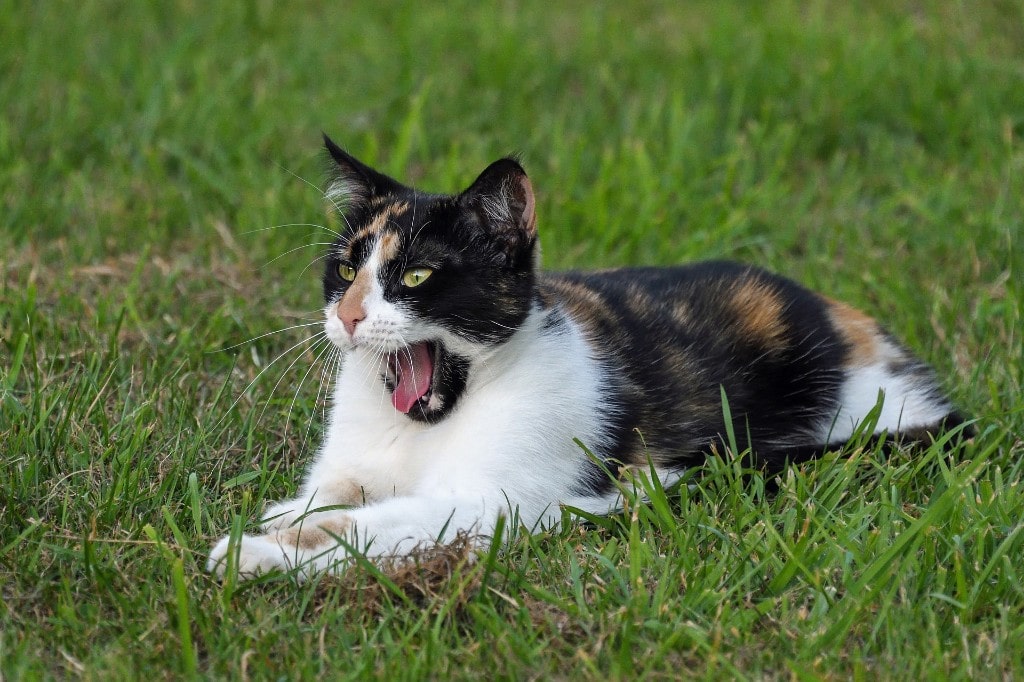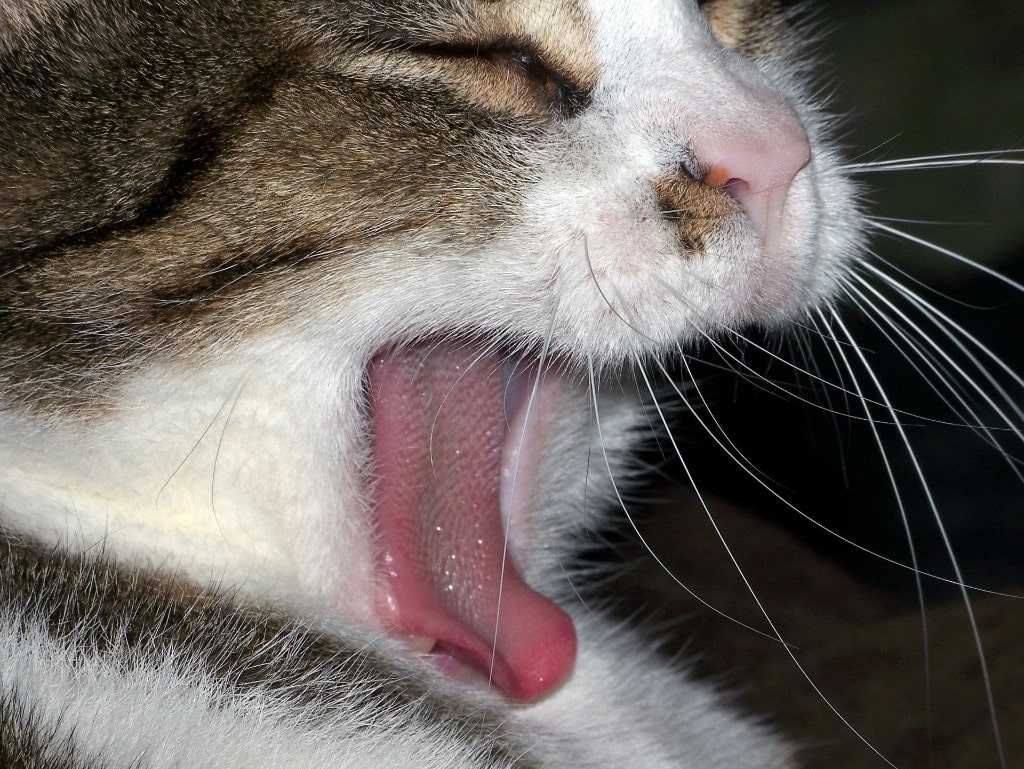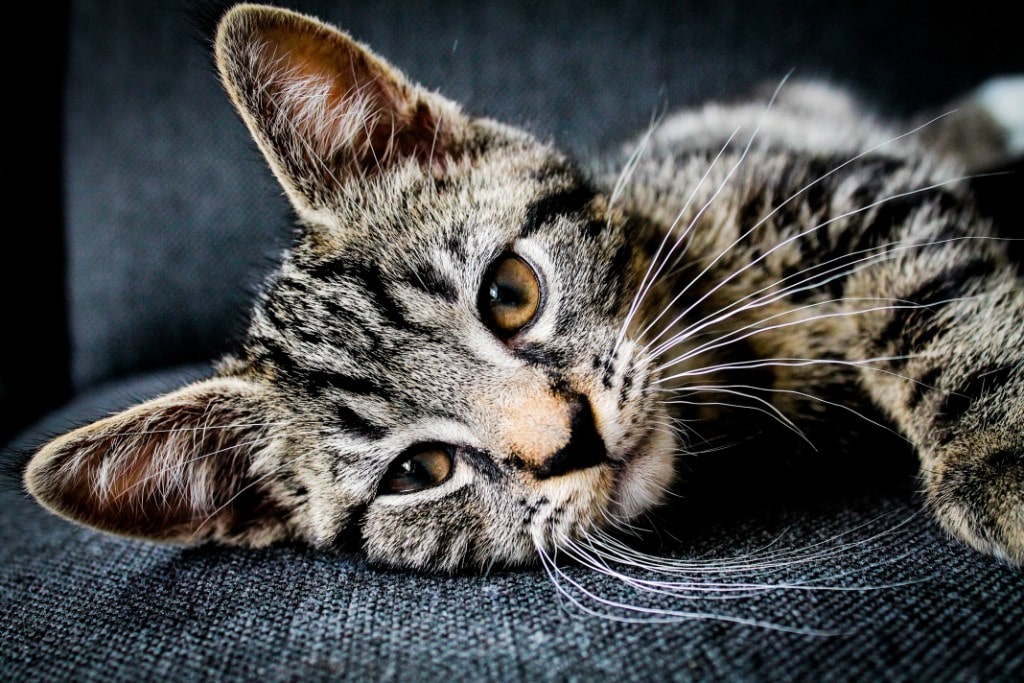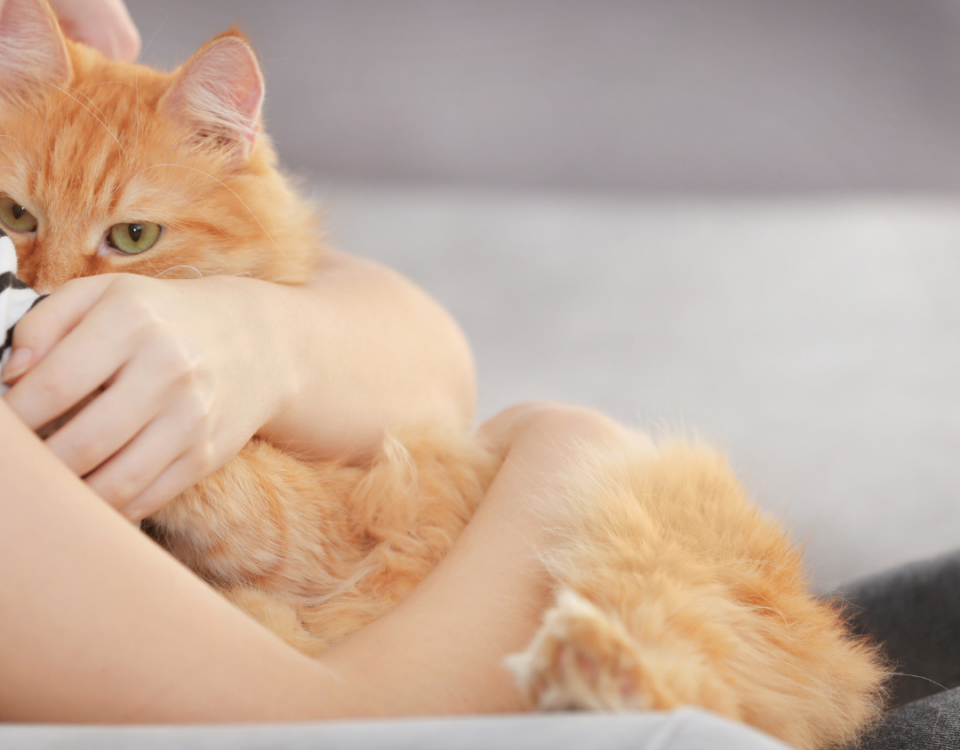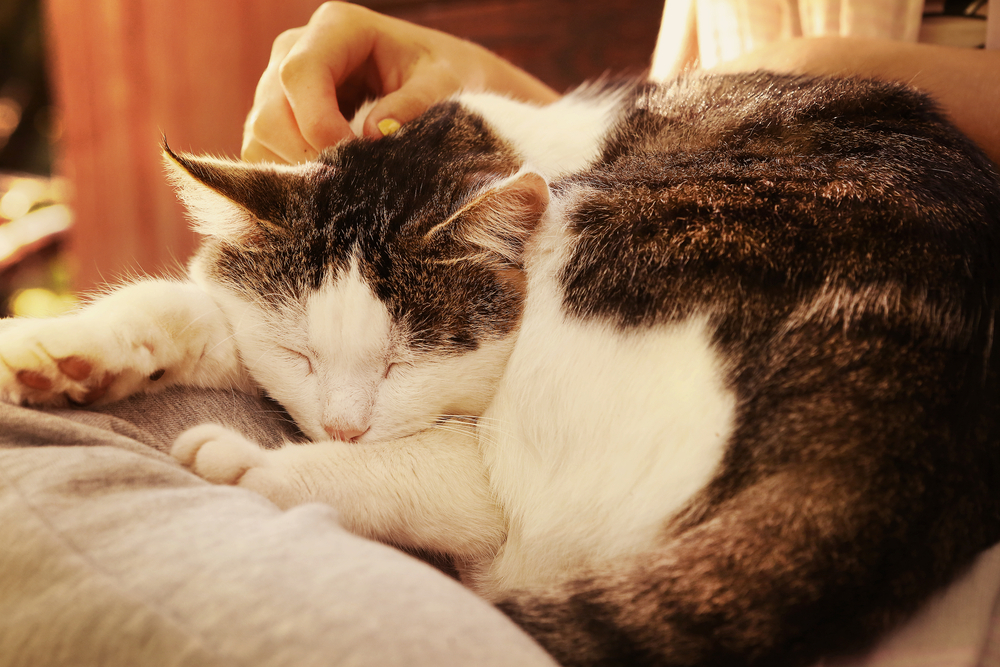
Vomiting In Dogs. Probable Reasons And Symptoms.
January 21, 2019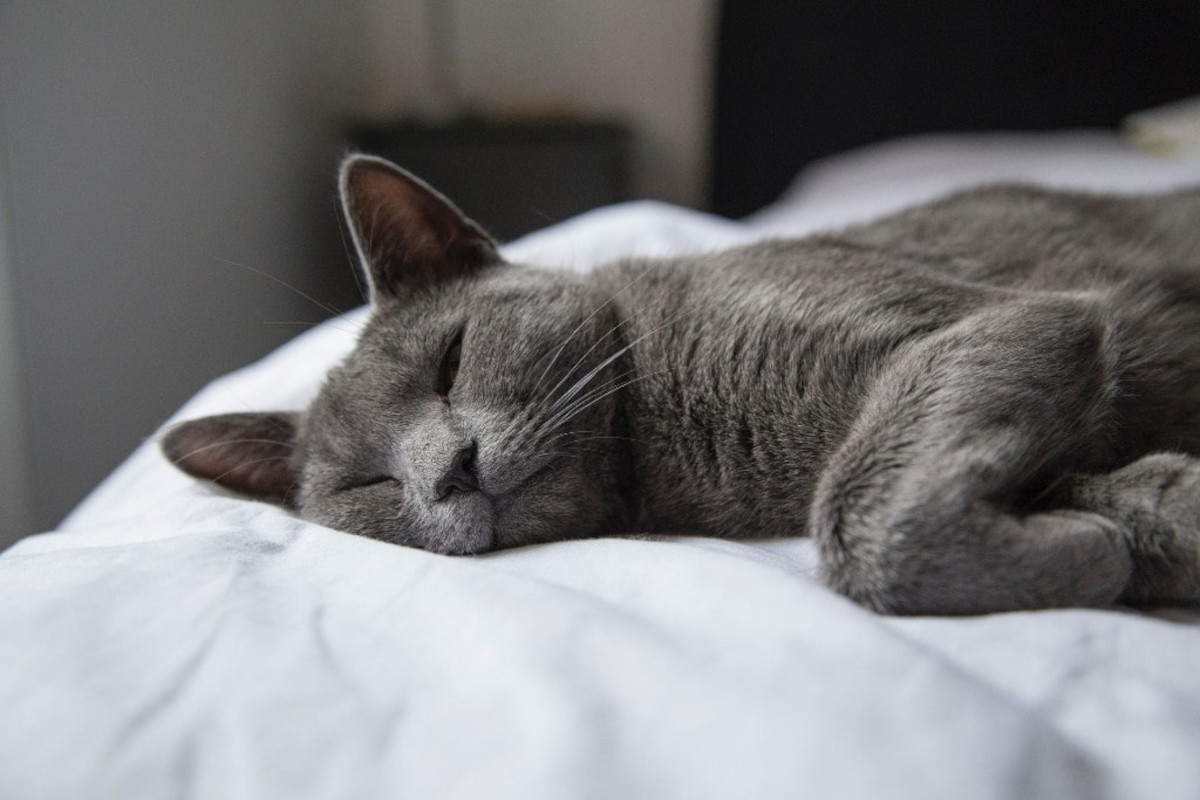
Cat Fever Causes, Symptoms, And Treatments
February 5, 2019Do you understand about Vomiting In Cats? If your cat has a habit of eating very quickly the chances are the food will soon be regurgitated without being properly digested. Hairballs are another simple explanation of your cat being sick on occasion. However, there are more serious implications for vomiting in cats and when to worry. Probable reasons and symptoms are listed here…
Signs for Concern
You’ll be aware when your cat starts acting in a different manner. And this includes:
- Frequent vomiting throughout the day and continuing into the next
- Being sick immediately after eating
- Vomit containing blood
- A change in feeding and drinking habits
- Diarrhoea and increased urination
- Lethargy and apparent weakness
Make a Record
As soon as you’re in the least bit concerned you should contact your vet. It’s a good idea to take a sample of the vomit and any abnormal faeces with you. Make a list before you go on:
- When the vomiting started and how often
- Any behavioural changes
- Medication your cat is currently taking
- Recent changes in the neighbourhood
- Other health issues
Get a Diagnosis
As soon as you’ve provided the necessary history, your vet will immediately begin to carry out a thorough physical examination. This will be followed up with:
A complete blood profile – this evaluates hydration, intestinal, liver, and kidney problems
A chemical blood profile – this measures the chemical components found in your cat’s bloodstream and helps to evaluate liver function
A blood count – to analyse any deficiencies in the bloodstream
Urinalysis – a deep examination of the urine properties to determine the presence of illness
Specific x-rays and ultrasound – that reveal any internal issues
Conditions and Circumstances
The following disorders all induce vomiting at various levels:
Chronic intermittent vomiting containing bile
Bile is created in the liver and stored in the gallbladder. When released into the intestines it helps with digestion. It also plays a part in taking away waste materials from the body. When the gastrointestinal tract fails to work normally the bile enters the stomach instead. And the vomit contains bile.
Corn and wheat food allergies
Cats are carnivores and need to eat meat to survive. They thrive on high-protein rich food diets found in meat. Alongside essential vitamins and minerals. Dry foods may contain wholegrain corn which your cat doesn’t need. And that may cause a reaction which induces vomiting.
Anti-freeze and other toxins
The ingestion of substances such as the leaves of poisonous plants is frequent а cause of feline vomiting. Insecticides that are used in the garden, household cleaning agents, and spilt anti-freeze are all identifiable instigators. Human medications, heavy metals, and rodenticides are all high on the list of potential poisoning hazards.
Irritable Bowel Disease
This can occur within the intestinal tract – the stomach, small or large intestine, and is another cause of vomiting. Inflammation of the lining is the cause of the disorder. It can be related to your cat’s inability to tolerate certain foods and limited ingredient diets may need to be started.
Diabetes
This involves the feline endocrine system. And is the inability of the pancreas to properly regulate the blood glucose levels. There are three different classes of diabetes: Type I that is insulin dependent, Type II that is non-insulin dependent, and Type III that relate to insulin interference by other diseases. Vomiting is a common initial sign of pancreatic issues.
Hyperthyroidism
Frequent vomiting, as well as an increased appetite and weight loss, are indicative of this disorder. The enlargement of the thyroid gland produces excess amounts of the thyroid hormone. A benign tumour will normally be located on the lobes, and these are rarely malignant.
Chronic Renal Failure
Symptoms of this disease include vomiting as the kidneys begin to fail. This can be fatal as the kidneys are crucial in filtering body waste and excreting it in the urine. They also help to control blood pressure. And encourage the production of red blood cells. As the kidneys stop functioning your cat will become increasing unwell and could die.
Vomiting In Cats – Treatments
Your vet will determine the most appropriate treatment after making an accurate diagnosis. This may include:
- Dietary changes
- Antibiotics, or corticosteroids to treat inflammatory bowel disease
- Medications to lower blood pressure and increase urine production
- Drugs to enhance gastric motility and to prevent reflux
- Therapy to increase fluids in your cat’s system
- Supplements to correct anaemia
- Management of chemical imbalances and gastrointestinal issues
- Surgery for vomiting caused by a tumour
Gentle Cat Euthanasia
When your final option is putting a cat to sleep then you’ll need the care of a home-visit vet. The euthanasia process will be explained so you don’t have any concerns. A sedative will be given to put your cat into a peaceful sleep. Then an anaesthetic will slow the heart and quietly stop it. You’ll be able to hold your cat in your arms as they peacefully pass. When you are ready, you can make all of the aftercare arrangements.
Hopefully, that gives you a better understanding about Vomiting In Cats.

